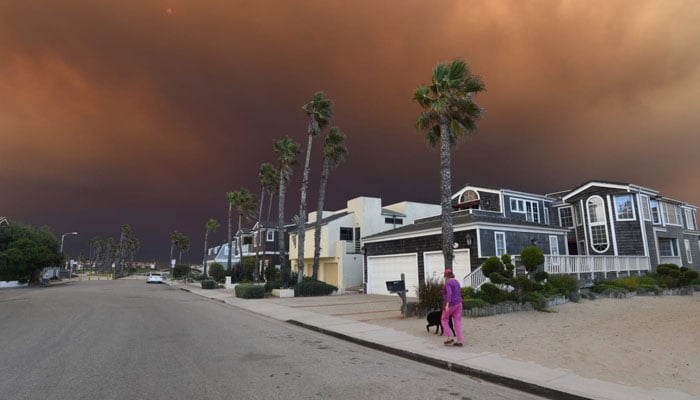
Wildfire smoke may pose a significant health threat and can significantly raise the risk of premature birth.
A large study from the University of Washington revealed that pregnant people exposed to wildfire smoke are likely to give premature birth.
According to a study published in The Lancet Planetary Health, researchers analysed more than 20,000 births across the U.S. between 2006 and 2020.
About 10% of U.S. babies are born preterm, which can lead to lifelong health problems. While air pollution has been associated with preterm birth, this study is among the largest to examine wildfire smoke specifically.
A postdoctoral researcher and lead author Allison Sherris stated, “Preventing preterm birth really pays off with lasting benefits for future health.”
Researchers measured exposure to fine particle pollution from wildfire smoke and found a significantly higher risk of preterm birth between 3-6 months of gestation period, particularly around week 21.
Later in pregnancy, increased levels of smoke above 10 micrograms per cubic meter posed the highest risk. The strongest link was found in the Western US with intensified wildfire.
Co-author Catherine Karr mentioned that small smoke particles can enter the bloodstream and reach the placenta or fetus, affecting the fetal development.
The recent research highlighted the significance of protecting pregnant individuals during smoke events.
Public health messaging could be tailored to emphasise pregnant people as a vulnerable group and provide strategies to minimise exposure.















